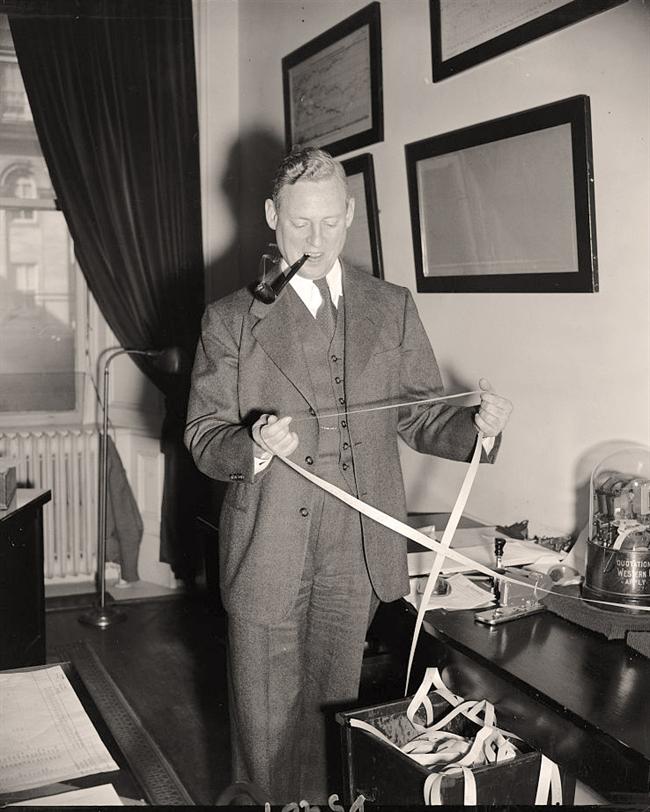When Thomas Friedman devised his Golden Arches Theory of war, he somehow forgot that humans aren’t rational creatures. Our decisions are often perplexing, and the few among us who make sober, clear-headed calculations are frequently viewed as something other than human. What’s wrong with them?
In a Bloomberg View piece about Richard Thaler’s professional memoir, Misbehaving, Michael Lewis writes of an economist who had a simple-yet-significant epiphany: We make screwy choices, often to our own detriment.
An excerpt:
At any rate, in addition to calculating the market’s price for a human life, Thaler got distracted by how much fun he might have if he asked actual human beings how much they needed to be paid to run the risk of dying. He began with his own students, telling them to imagine that by attending his lecture, they had exposed themselves to a rare fatal disease. There was a 1 in 1,000 chance they had caught it. There was a single dose of the antidote: How much would they be willing to pay for it?
Then he asked them the same question, in a different way: How much would they demand to be paid to attend a lecture in which there is a 1 in 1,000 chance of contracting a rare fatal disease, for which there was no antidote?
The questions were practically identical, but the answers people gave to them were — and are — wildly different. People would say they would pay two grand for the antidote, for instance, but would need to be paid half a million dollars to expose themselves to the virus. “Economic theory is not alone in saying that the answers should be identical,” writes Thaler. “Logical consistency demands it. … To an economist, these findings are somewhere between puzzling and preposterous. I showed them to (his thesis adviser) and he told me to stop wasting my time and get back to work on my thesis.”
Instead, Thaler began to keep a list of things that people did that made a mockery of economic models of rational choice. There was the guy who planned to go to the football game, changed his mind when he saw it was snowing, and then, when he realized he had already bought the ticket, changed his mind again. There was the other guy who refused to pay $10 to have someone mow his lawn but wouldn’t accept $20 to mow his neighbor’s. There was the woman who drove 10 minutes to a store in order to save $10 on a $45 clock radio but wouldn’t drive the same amount of time to save $10 on a $495 television. There were the people Thaler invited over to dinner, to whom he offered, before dinner, a giant bowl of nuts. They ate so many nuts they had no appetite for the far more appealing meal. The next time they came to dinner Thaler didn’t offer nuts — and his guests were happier.•
Tags: Michael Lewis, Richard Thaler

